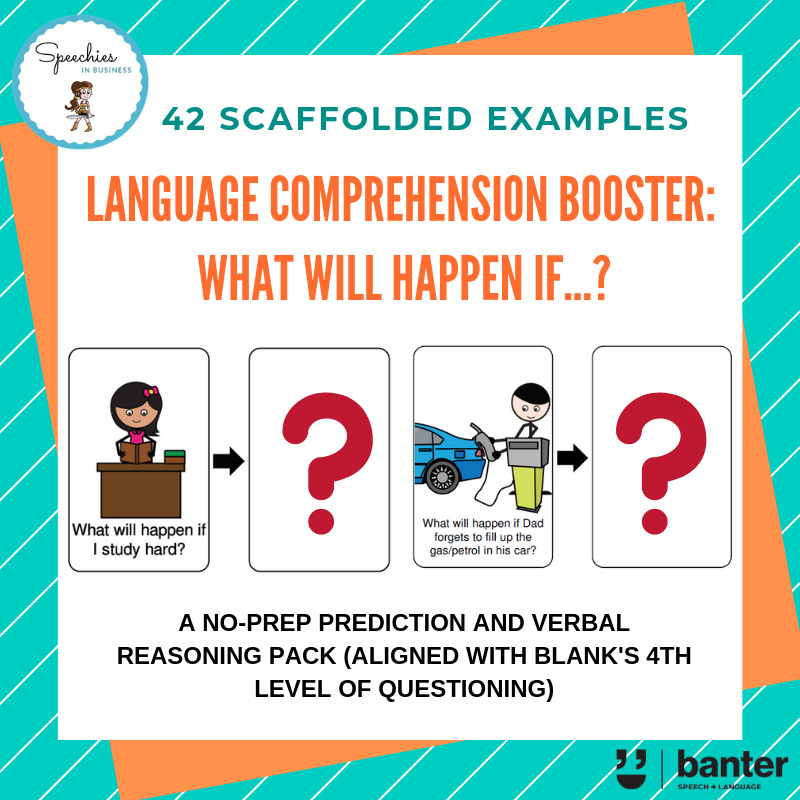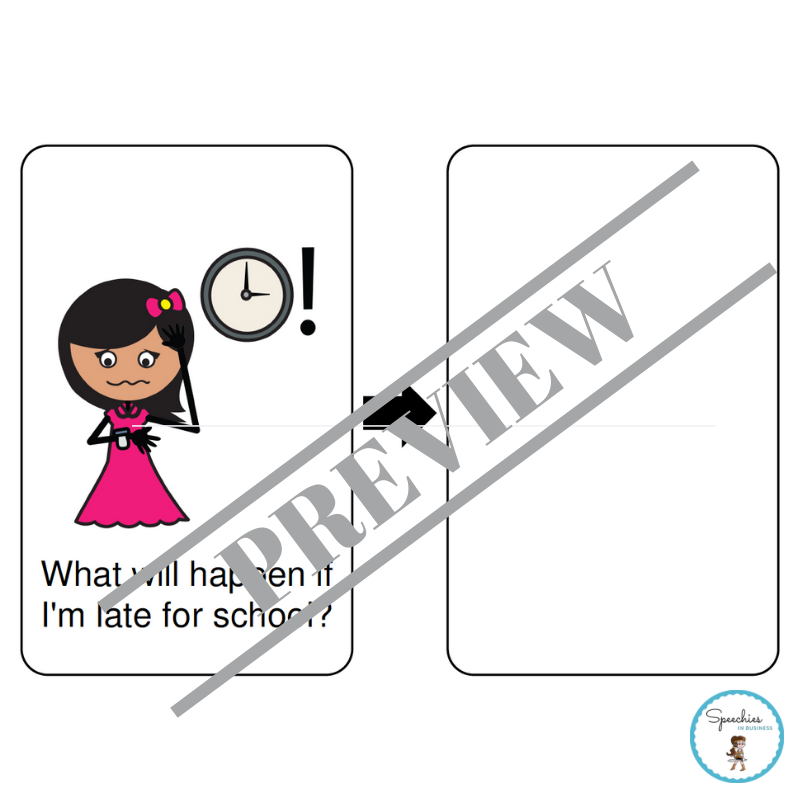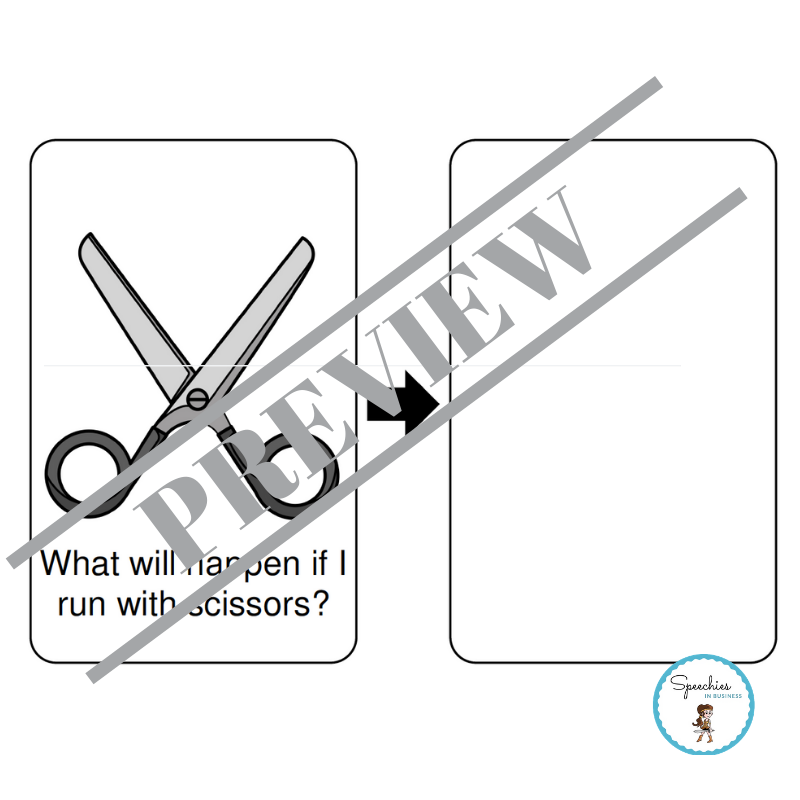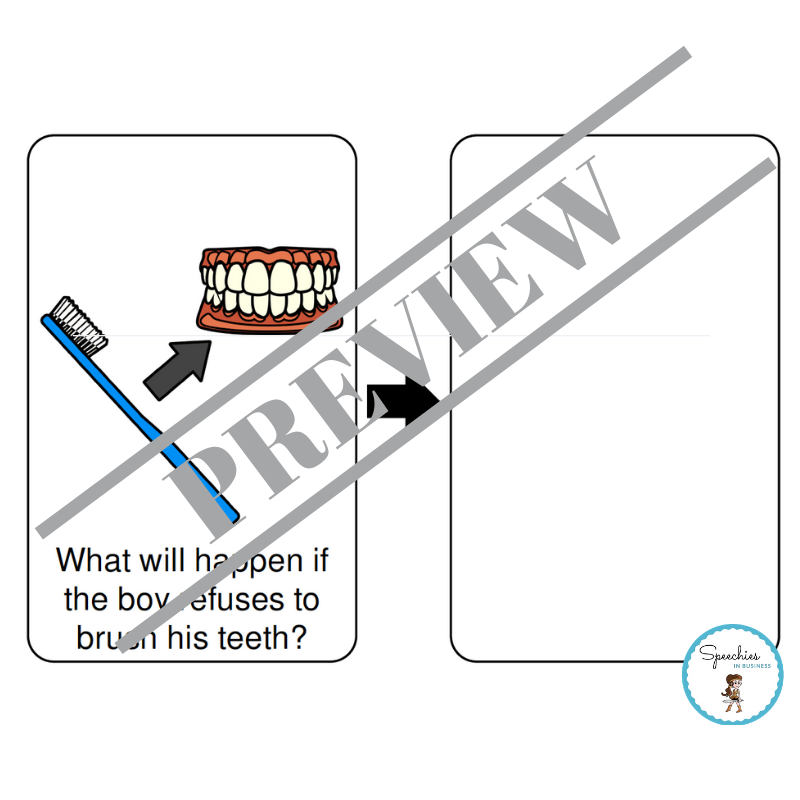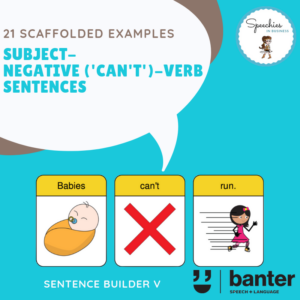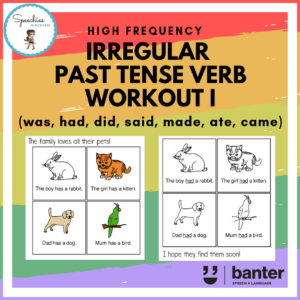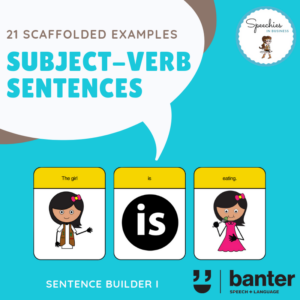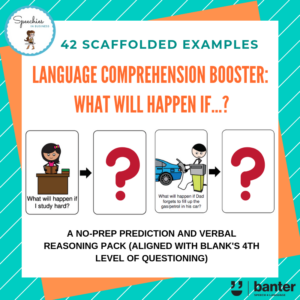(L404) Blanks 4: Language comprehension booster: What will happen if…?
$5.99 including GST
In this 46-page no-prep pack, we target Blank’s Level 4 comprehension tasks. Specifically, we ask students to think about common scenarios and to explain what will happen based on their knowledge of the world.
In each exercise, the second box has been left blank to give students an opportunity to draw and/or write a response.
Description
Some researchers think that up to 15% of young school kids don’t have the language comprehension skills to cope fully with the demands of school (Hart & Fielding-Barnsley, 2009). Many of these kids struggle – some for their whole lives.
For most kids, school and home life plays a big role in helping to understand and use language (Morgan & Goldstein, 2004; Nation, 2005). So what can we do to improve students’ understanding of language? Well, it helps to have a plan. And good plans are based on tried and tested frameworks. For language comprehension, one of the most influential frameworks was developed by Dr Marion Blank, a developmental psychologist. Dr Blank proposed four levels of abstraction, from least to most abstract:
-
- Level 1: Directly supplied information (Matching perception).
-
- Level 2: Classification.
-
- Level 3: Reorganisation.
-
- Level 4: Abstraction and Inferences.
Many Level 3 and 4 tasks require children to make inferences – ideally skills we want kids to have or to be developing when they start school and start learning to read.
Most (although not all) kids start school with an ability to complete Level 1 and 2 tasks. But from there, it gets rocky: about 50%-65% of 5 year-old kids from well off households with educated parents can answer Level 3 questions – but only about 10% from disadvantaged backgrounds, including kids with average intelligence. Many children with Autism Spectrum Disorder or social language disorders have significant difficulties answering Level 3 and 4 questions.
In this no-prep pack, we target Blank’s Level 4 comprehension tasks. Specifically, we ask students to think about common scenarios and to explain what will happen based on their knowledge of the world. This stimulates children to increase their knowledge of cause and effect relationships, problems and solutions, and supports students as they generate mental models of each scenario. Many of these exercises also require children to put themselves in the shoes of other people, and to draw inferences by analogy with their own experiences of the world, including from lessons learned at school.
In each exercise, the second box has been left blank to give students an opportunity to draw and/or write a response.
To read more about Marion Blank’s Levels of Questioning, check out our article here.

